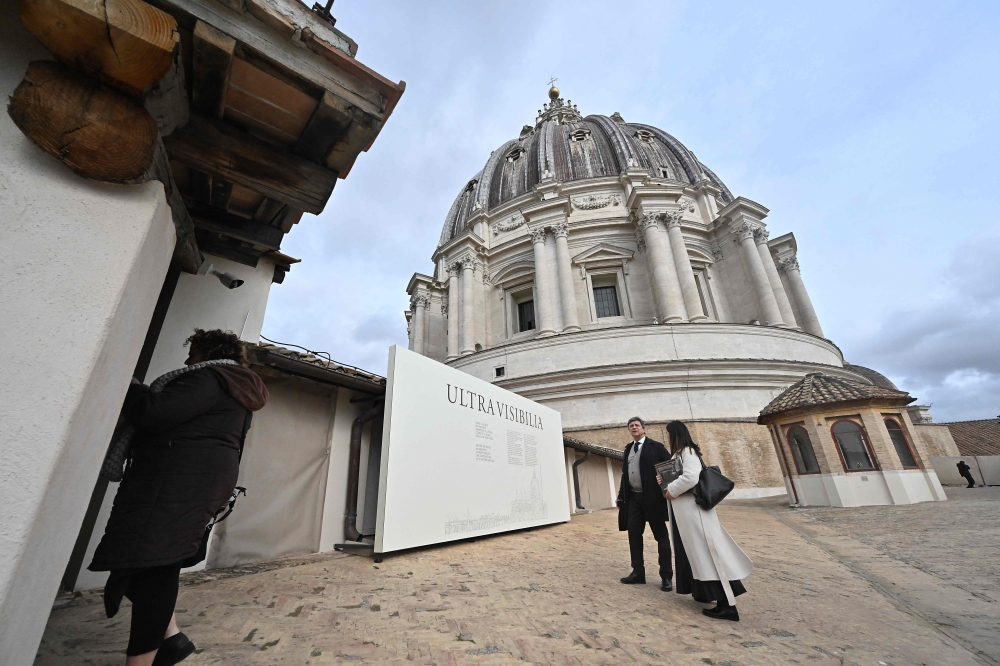PARIS, March 2 — Once only appreciated by connoisseurs, vintage furniture is now being embraced by many consumers.
Not only do they like the retro aesthetics, but also their environmental footprint, which is much more reasonable than that of new furniture.
It is quite clear that furniture production can have a harmful effect on the planet. It is often produced by workers toiling in poor conditions and imported into countries from all over the world, giving it a large footprint in terms of transport.
These factors are causing some consumers to rethink the way they choose and purchase tables, chairs, chests of drawers and other items to decorate their homes.
And rightly so. Small World Consulting looked at the environmental footprint of second-hand furniture compared to new, at the request of Auction Technology Group.
It turns out that choosing old furniture significantly reduces carbon emissions. Buying a used dining table saves 460 kilograms of CO2, according to a study by Small World Consulting cited by the trade journal Antique Trade Gazette.
This is the equivalent of 25 days of gas heating, according to online CO2 converter tool Mon Convertisseur CO2.
Choosing a second-hand sofa over a new one for your living room enables savings of 563 kilos of CO2.
That’s as much as 17 smartphones. Also think second-hand if you want a new wardrobe or chest of drawers.
That would reduce your carbon footprint by 782 kilos of CO2. That’s like taking a one-way trip to Dakar, Senegal.
Contrary to what some may think, antique furniture is more trendy than ever, at the heart of the “slow deco” movement, whose mantra is “less is more.” The principle?
Be creative and look to simple ideas for a refined and healthier interior, both for your mental health and for the planet. The idea is to favour more eco-friendly furniture, made with natural and sustainable materials such as terracotta, stone and wood.
But should we give up new furniture totally to adopt an eco-responsible lifestyle? Not necessarily.
Lovers of interior decoration can also choose furniture with the “NF Environnement,” “European Ecolabel,” or “Nordic Ecolabel” label to make more environmentally committed choices.
And if you’re particularly adventurous and handy you could even try making your own furniture. — ETX Studio





















